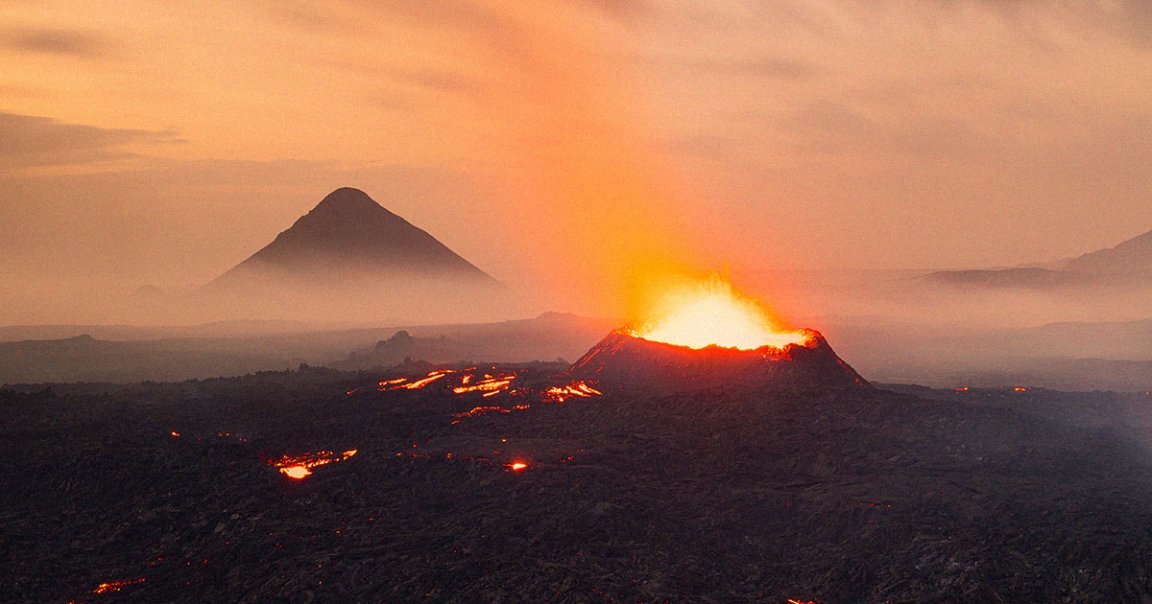
Scientists are warning that glaciers melting due to global warming could trigger explosive — and potentially deadly — volcanic eruptions around the world.
As detailed in a new study presented at the Goldschmidt international geochemistry conference this week and due to be peer-reviewed later this year, researchers from the University of Wisconsin-Madison analyzed six volcanoes in southern Chile to study how retreating ice sheets may have influenced past volcanic behavior.
Using advanced argon dating and crystal analysis methods, they found that around the peak of the last ice age, around 20,000 years ago, a thick ice cover subdued volcanic activity, allowing a huge reservoir of magma to accumulate six to nine miles below the surface.
However, the end of the ice age led the ice sheets to retreat rapidly. The sudden loss of ice weight allowed gases in the magma to expand, setting the stage for explosive eruptions from newly formed volcanoes.
Now, scientists are warning that a similar scenario could unfold thanks to global warming.
“Glaciers tend to suppress the volume of eruptions from the volcanoes beneath them,” said University of Wisconsin-Madison graduate student and lead author Pablo Moreno-Yaeger in a statement. “But as glaciers retreat due to climate change, our findings suggest these volcanoes go on to erupt more frequently and more explosively.”
Scientists previously found that melting glaciers could increase volcanic activity by observing the phenomenon in Iceland. However, other places in the world could also be at risk.
“Our study suggests this phenomenon isn’t limited to Iceland, where increased volcanicity has been observed, but could also occur in Antarctica,” Moreno-Yaeger explained. “The key requirement for increased explosivity is initially having a very thick glacial coverage over a magma chamber, and the trigger point is when these glaciers start to retreat, releasing pressure — which is currently happening in places like Antarctica.”
“Other continental regions, like parts of North America, New Zealand and Russia, also now warrant closer scientific attention,” he added.
Worse, in the long term eruptions themselves could contribute to “long-term global warming because of a buildup of greenhouse gases,” as Moreno-Yaeger explained.
“This creates a positive feedback loop, where melting glaciers trigger eruptions, and the eruptions in turn could contribute to further warming and melting,” he said.
More on volcanoes: Scientists Say Something Is Corking the Yellowstone Supervolcano